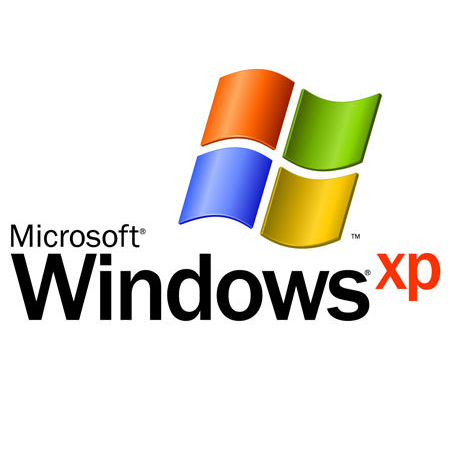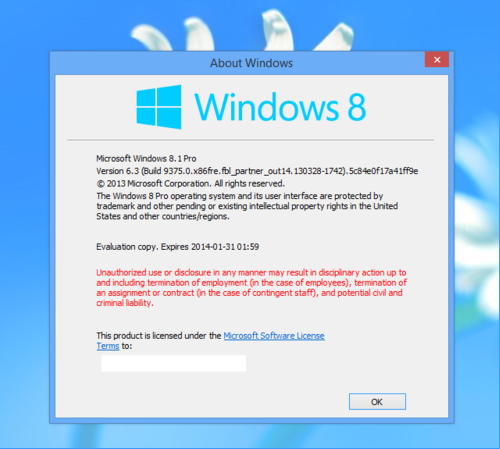 While Microsoft isn't ditching its users all over again -- like the Windows Phone 7 fiasco -- it is busy preparing the next major version of the Windows Phone operating system, with a new job posting confirming that it will be launching in time for Christmas.
While Microsoft isn't ditching its users all over again -- like the Windows Phone 7 fiasco -- it is busy preparing the next major version of the Windows Phone operating system, with a new job posting confirming that it will be launching in time for Christmas.
"This is a great time to join, as we're completing our current release [and] are getting ready for our next release targeting the holiday of this year," the ad says.
Other recent job postings have confirmed that Microsoft is working on the Windows Blue strategy for both the desktop and Windows Phone operating systems. If the next major release of Windows Phone is due to be released towards the end of the year, that could mean the phone version is on a different schedule to the desktop version, which has a mid-2013 rumoured release date.
Windows Phone 8 has already seen one update, dubbed 'Portico' -- known internally as General Distribution Release 1 (GDR1). Portico brought minor features such as always-on Wi-Fi and ability to reject calls with an SMS, but there are more of these sort of updates on the way before the next major version of the OS.
Mary Jo Foley, of our sister site ZDNet, reported last week that the rumoured HTC 'Tiara' Windows Phone was running on a later version of the Windows Phone OS, known as 'GDR2'. This is again only meant to be a minor improvement to Windows Phone 8, and will be delivered before Windows Phone Blue. Her sources have confirmed that there is also a GDR3 on the roadmap, which is due to arrive before the next major update.
Windows Phone 7.8 is also rumoured to be getting an update -- although much of this is not known, except from an alleged roadmap from Nokia.
The guy in charge of Windows Phone's development, Joe Belfiore, has said the team hasidentified a bug which was causing the live tiles to stop updating, which is presumably going to be fixed in an upcoming update -- because what's a Windows Phone without its live tiles?
Microsoft did not have a press conference at Mobile World Congress last week, unlike last year when it revealed more information about Windows 8. The company has also recently been very quiet on the future of any of its products -- with only the Surface Pro's availability announced by the firm in recent months.
Greg Sullivan, a senior marketing manager at Microsoft, explained to Pocket-Lint the reasoning behind the company's recent quietness about the future of the Windows Phone platform. "We are taking a different approach on announcements this year," he said.
Microsoft has learnt from its previous mistakes of announcing a product and then waiting six months to detail it more, before waiting a further five months to release the devices to consumers, Sullivan said.
It's understandable that Microsoft wants to keep the momentum going with Windows Phone, especially now given it is starting to gain some traction. At Mobile World Congress Nokia also announced that the Windows Phone Store had hit 130,000 apps and 1 billion downloads, which isn't too shabby for the underdog OS -- although it did reach those numbers significantly slower than its rivals.
[Source: CNET]
 While the PC market continues to flounder, Microsoft needs to find new footing if it wants to keep pace with the competition. Samsung, Apple and others have found great mobile success over the past several years—with both tablet and smartphones—and it’s a sweet spot Microsoft will desperately need to muscle its way into. So far, the company’s Surface lineup hasn’t exactly taken the world by storm, though a brand new focus could help to change that later this year.
While the PC market continues to flounder, Microsoft needs to find new footing if it wants to keep pace with the competition. Samsung, Apple and others have found great mobile success over the past several years—with both tablet and smartphones—and it’s a sweet spot Microsoft will desperately need to muscle its way into. So far, the company’s Surface lineup hasn’t exactly taken the world by storm, though a brand new focus could help to change that later this year.











